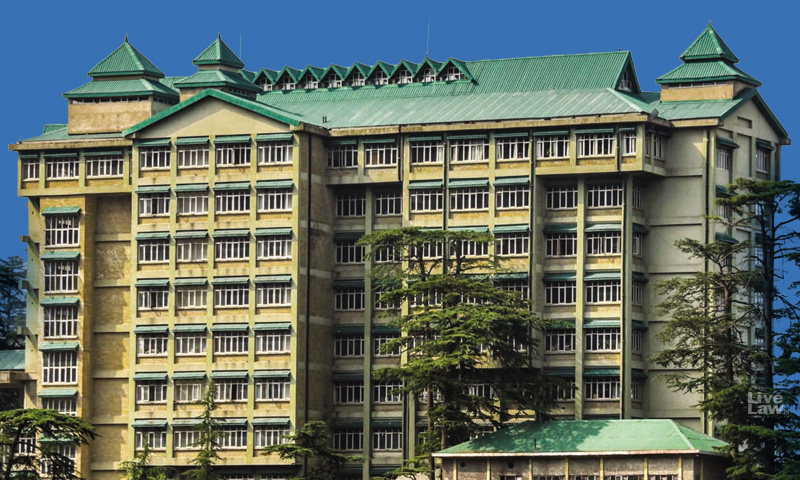
High Court Directs Delhi Government to Form Committee Overseeing Pay Commission Implementation for School Staff
Last Updated on November 18, 2023 by News Desk
Issue: In a major decision, the Delhi High Court ordered the Delhi Government to establish a High Powered Committee to supervise the implementation of the recommendations made by the Central Pay Commissions (CPC) on salaries and arrears for employees of private unaided schools and recognized private unaided minority schools in the nation’s capital.
Facts: Arguments were heard by the court, which was chaired by Justice Singh, from employees of Delhi’s minority institutions and private standalone schools. Rewards under the 6th CPC plus arrears and benefits under the 7th CPC, such as retirement benefits and benefits under the Modified Assured Career Progression Scheme (MACP), were demanded by the petitioners. Disagreement centered on the Pay Commission’s recommendations not being followed.
Reasons Put Forward: Asserting their right to pay, benefits, and privileges, the petitioners argued in favor of approving the proposals made by the Wages Commission. Concerns were raised about the inappropriate hiring practices and whether or not these individuals should be compensated for arrears from the 6th and 7th Pay Commissions.
The judgment’s reasoning: Judge Singh expressed his shock at the situation and emphasized the need for the court to get involved in order to ensure that the Pay Commission’s recommendations are carried out. In light of the Pay Commission’s findings, the court emphasized the need to establish a framework—the High-Powered Committee—that would address both current issues and potential future conflicts. It emphasized the committee’s resolve to see that arrears and retirement benefits to school employees be paid, regardless of whether the schools have the necessary funding.
Decree: The Department of Education (DoE) of the Delhi Government was ordered by the court to submit a notice for the creation of zonal committees no later than two weeks. Teaching and non-teaching professions would find it easier to file claims if these committees, including a variety of stakeholders, were involved. In addition to reviewing complaints from superannuated workers and fraudulent appointments, the High Powered Committee is tasked with coming up with a plan for handling future issues. The court also pointed out that statutes guaranteeing compensation parity with employees in aided schools are mandatory for unsupported minority institutions.
Case Title: ANJALI VAID AND ORS v. ADARSH WORLD SCHOOL AND ORS
Written By: Nikita Shankar @nikitaashankar




